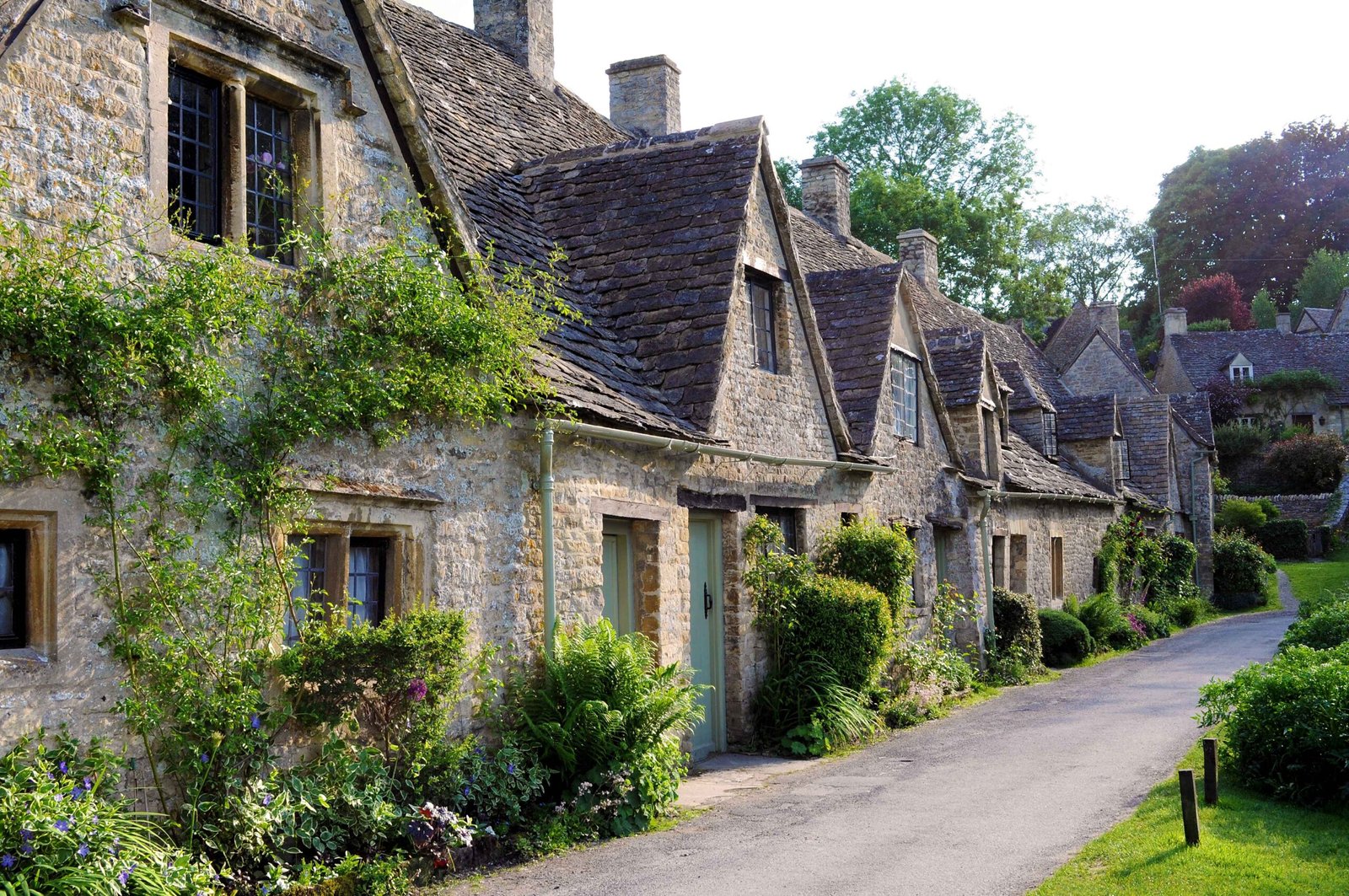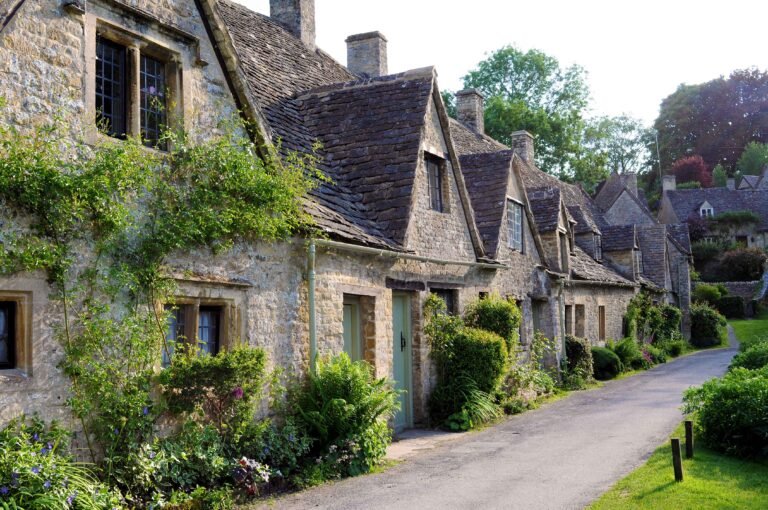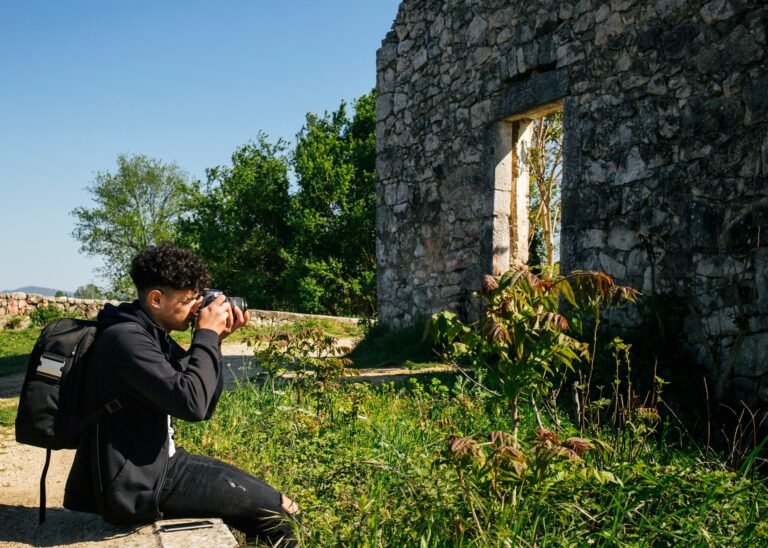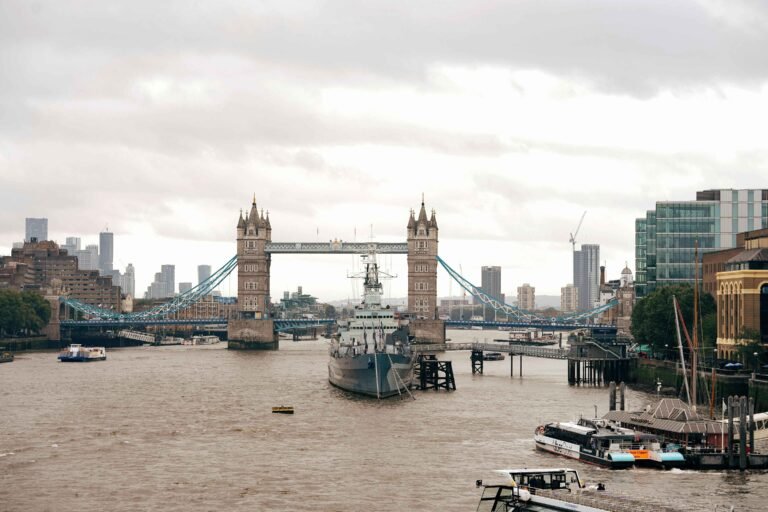Imagine discovering a picture-perfect village that hasn’t been affected by time while meandering along a narrow road. The streets are pleasantly peaceful, the cottages are covered with ivy, and the local tearoom smells like freshly made scones. Don’t you think it sounds magical? In the UK, hidden communities have a way of winning people over and igniting our spirit of exploration. But why do we find these hidden locations so alluring?
Our psychology is the answer. Our natural need for significant experiences, our love of exclusivity, and our curiosity are all tapped into by the charm of hidden destinations. Let’s examine the intriguing science underlying this enchantment in more detail, including how our brains reward exploration and how taking our time in these charming environments can improve our mental health.
Curiosity and the Benefits of Finding Out
We are naturally curious beings. How we interact with the world is greatly influenced by our curiosity, which is the desire to learn new things and have new experiences (Kashdan & Silvia, 2009). By creating a sense of mystery, hidden settlements like Polperro in Cornwall or Castle Combe in Wiltshire appeal to this primal urge. What tales do these locations have to tell? Around the next corner, what surprises are in store?
This is supported by neurology, so it’s not just a feel-good moment. Dopamine, a neurotransmitter that promotes sensations of pleasure and anticipation, is released when we learn something new, activating our brain’s reward system (Litman, 2005). However, dopamine’s impact extends beyond pleasure. It is essential for enhancing long-term memory.
According to research by Lisman and Grace (2005), dopamine release improves memory retention, so finding a quaint village or learning about a local tale leaves a lasting imprint rather than merely feeling good at the time. Because of this, you may still clearly remember the cobblestone alleyways of Rye or the historic beauty of Lacock long after you’ve left. These revelations are more than just transient joys; they become a part of your story.
The Pleasures of Slow Travel and Mindfulness
Additionally, hidden settlements promote a more deliberate, leisurely pace of travel. Quiet places like Clovelly in Devon or Bibury in the Cotswolds enable tourists to stop, take a moment, and connect with their surroundings, in contrast to busy cities that require continual attention.
It has been demonstrated that practicing mindfulness, which is defined as being in the present moment, lowers stress, improves emotional control, and enhances general wellbeing (Brown & Ryan, 2003). When it comes to travel, it enables tourists to completely experience a location’s sights, sounds, and legends. Imagine enjoying a cup of tea while taking in the scenery, walking along a cobblestone road, or listening to the soft murmur of village life. These mindfulness exercises not only enhance the experience but also aid with mental resets, which leave us feeling more at ease and rooted.
Because it opposes the fast-paced, overstimulating nature of modern life, the act of “slowing down” is especially potent. The parasympathetic nervous system, the body’s natural “rest and digest” mode, is activated when one spends time in peaceful, aesthetically pleasing settings, such as the undulating hills encircling a secret village (Barton & Pretty, 2010). By lowering cortisol levels, this physiological reaction promotes calm and relaxation.
Narratives That Remain in Our Memory
The stories of secret settlements are what really set them apart. Narratives transform ordinary locations into remarkable experiences, as seen by the historical significance of Lacock Abbey and the eerie legends of Pluckley in Kent. Storytelling comes naturally to us. According to Bruner (1991), we recall stories that have emotional resonance in addition to facts. Our relationship to a place changes as we learn about its history or stories. That is why the visit is so captivating, whether you are learning about the monks who once wandered the halls of Lacock Abbey or the spirits of England’s most haunted community. These tales enhance our trip experiences and strengthen our memories by letting us enter another planet.
Conclusion:
The Significance of Hidden Villages
In addition to being aesthetically pleasing, hidden villages in the UK pique our interest, stimulate our reward system, promote mindfulness, and engross us in captivating stories. These psychological elements work together to make visiting these places incredibly rewarding, both in the present and in the memories we create.
Therefore, the next time you’re organising a vacation, steer clear of the popular tourist destinations and look for the UK’s undiscovered treasures. Whether it’s the calm charm of Bibury or the intriguing legends of Pluckley, these secret towns promise not only a journey, but an experience that will stay with you for a lifetime.
References
Barton, J., & Pretty, J. (2010). What is the best dose of nature and green exercise for improving mental health? Environmental Science & Technology, 44(10), 3947–3955.
Brown, K. W., & Ryan, R. M. (2003). The benefits of being present: Mindfulness and its role in psychological well-being. Journal of Personality and Social Psychology, 84(4), 822–848.
Bruner, J. (1991). The narrative construction of reality. Critical Inquiry, 18(1), 1–21.
Kashdan, T. B., & Silvia, P. J. (2009). Curiosity and interest: The benefits of thriving on novelty and challenge. Handbook of Positive Psychology.
Lisman, J. E., & Grace, A. A. (2005). The hippocampal-VTA loop: Controlling the entry of information into long-term memory. Neuron, 46(5), 703–713.
Litman, J. A. (2005). Curiosity and the pleasures of learning: Wanting and liking new information. Cognition & Emotion, 19(6), 793–814.







